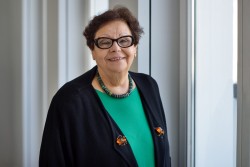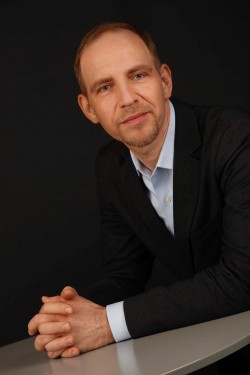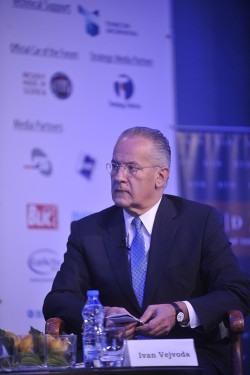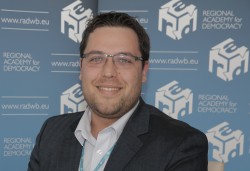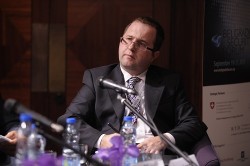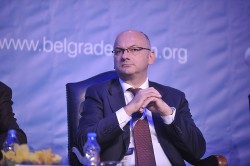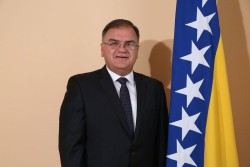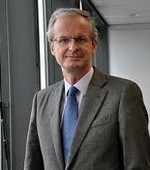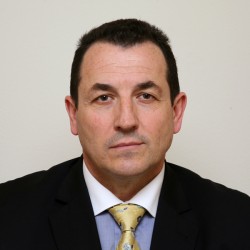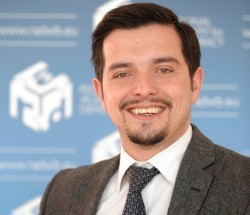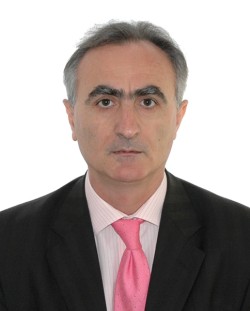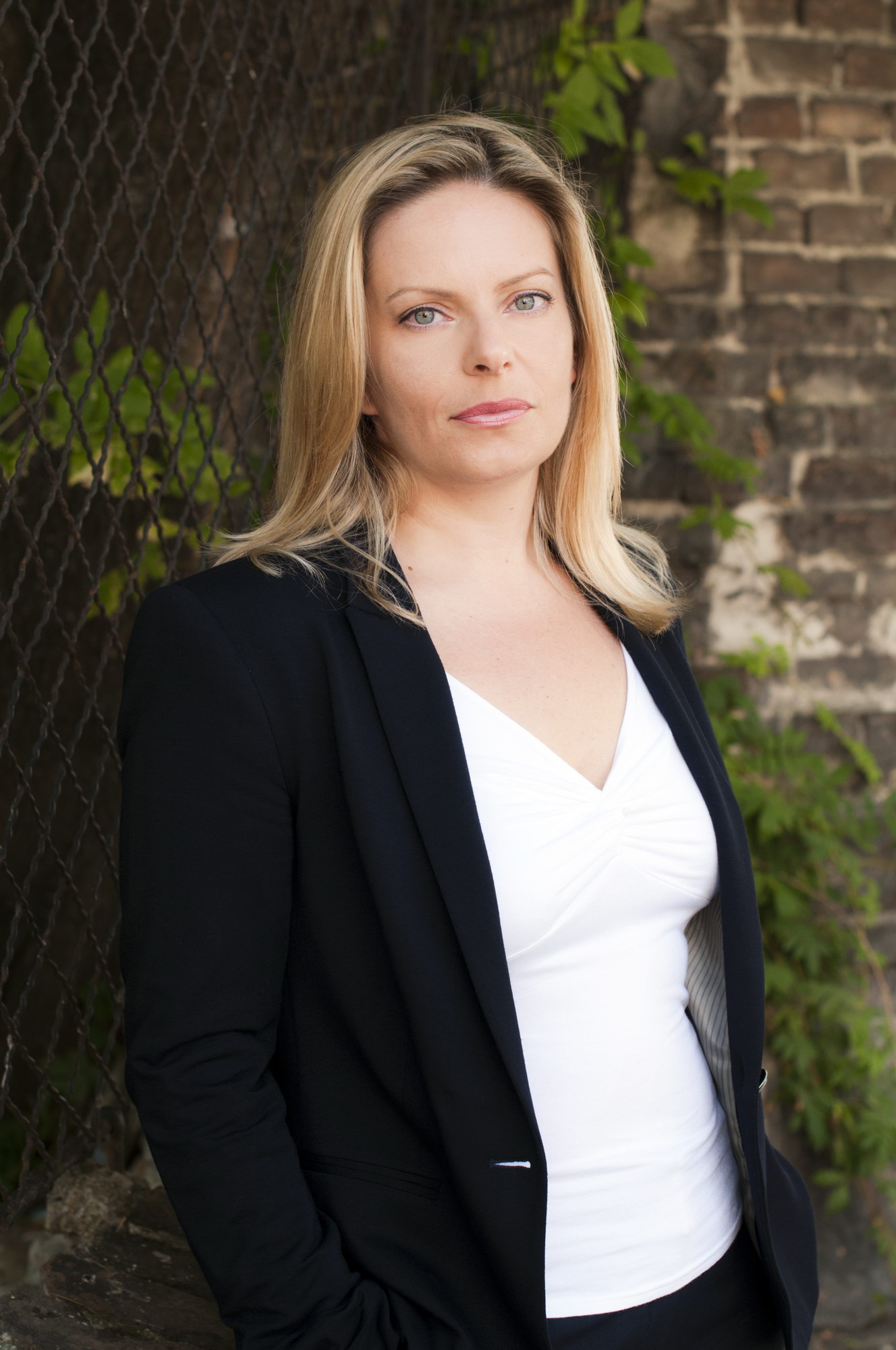The Berlin Process in Belgrade: The EU as a Peace Project Revisited in the Western Balkans
In partnership with: the European Fund for the Balkans (www.balkanfund.org)
In the final declaration of the Western Balkans Summit, six Western Balkan countries that are not yet EU members – Albania, Bosnia, Kosovo, Macedonia, Montenegro and Serbia – agreed to refrain from “misusing outstanding issues in the EU accession process” and welcomed the EU pledge to support them in resolving bilateral disputes. Several concrete agreements were reached as the conference progressed: the conclusion of four important agreements in the EU-led talks between Serbia and Kosovo, and, the signature of a border agreement between Bosnia and Montenegro. In turn, Austrian and German leaders who were present announced support for key infrastructure projects and pledged solidarity during the ongoing refugee crisis which is affecting several Balkan states.
Nevertheless, many challenges remain. Balkan leaders and EU officials concluded that more efforts are needed to accelerate reform processes, notably in the areas of rule of law, economic governance and public administration as well as in the fight against corruption, organized crime and terrorism. Lastly, as the final document reads, participants “became convinced that the threat posed by radicalization, terrorism and violent extremism and in particular by foreign terrorists travelling via or from Western Balkan countries to Syria and Iraq, requires reinforced cooperation and an increase in the exchange of information”. The on-going refugee (or migrant) crisis represented one of the summit’s most hotly debated issues. The six countries promised to build their capacities in the areas of border management and the fight against trafficking and to strengthen their cooperation over asylum procedures, judged by many as unsatisfactory.
Also within the framework of the Vienna Western Balkans Summit, the Balkans in Europe Policy Advisory Group (BiEPAG), together with the European Fund for the Balkans (EFB) presented their policy recommendations for settling bilateral disputes among the countries of the region. BiEPAG experts offered a set of recommendations from their policy brief “Removing obstacles to EU accession: Bilateral disputes in the Western Balkans”, together with a “Declaration on bilateral issues”, proposed to governments of the Western Balkan states. These inputs were then fed into the summit meetings and conclusions.
Our round table aims to build on these initiatives, and will have among its speakers many experts who have been part of the program in Vienna this August.
Discussion topics:
1. What is the state of bilateral relations in the Western Balkans?
2. Can the EU enlargement process re-gain the momentum it had lost?
3. What are the obstacles to the further democratization of the region and which are the most worrying trends?
4. What are the features of the strategic landscape in the Western Balkans, and who are the emerging players?
5. Have 2014 and 2015 been wasted in terms of reconciliation initiatives?
Speakers:
Florian Bieber‚ Professor of Southeast European Studies and director of the Centre for Southeast European Studies at the University of Graz
Selmo Cikotić‚ Dean, American School of Government, American University in BiH
Christian Danielsson‚ Director General for Neighbourhood and Enlargement negotiations, DG NEAR, European Commission
Alex Roinishvili Grigorev‚ President, Council for Inclusive Governance
Ramadan Ilazi‚ Deputy Minister of European Integration, Government of Kosovo
Mladen Ivanić‚ Chairman of the Presidency of Bosnia and Herzegovina
Dejan Jović‚ Professor, Faculty of Political Science, University of Zagreb
Remzi Lani‚ Executive Director of the Albanian Media Institute
Sonja Licht‚ President of the Belgrade Fund for Political Excellence
Leon Malazogu‚ Executive Director, Democracy for Development, Priština
Daniel Mondekar‚ President of the Committee for European Integration, the Croatian Parliament
Hedvig Morvai‚ Director of the European Fund for the Balkans
Moderator: Ivan Vejvoda‚ Senior Vice President of the German Marshall Fund

